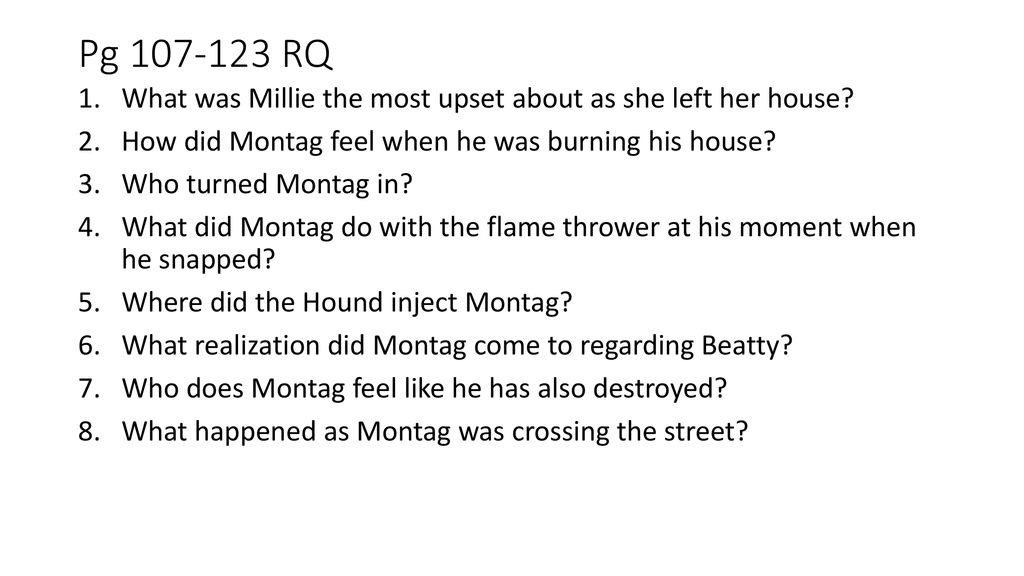How Does Montag Feel About His Job?
In Ray Bradbury’s classic novel Fahrenheit 451, the protagonist Guy Montag begins the story feeling proud and even content with his role as a fireman in a dystopian society where firemen burn books instead of putting out fires. However, as the narrative unfolds, Montag’s feelings about his job become increasingly conflicted. He starts questioning the purpose of his work, leading to a profound internal struggle that propels the novel’s central themes of censorship, conformity, and self-discovery.
Montag’s Initial Feelings About His Job
At the start of the novel, Montag takes great pride in his work as a fireman. He enjoys the physical thrill of setting books ablaze and finds satisfaction in carrying out what he believes is a valuable service to society. In this world, books are outlawed because they are seen as dangerous sources of dissent and controversy, and firemen are tasked with eradicating them. Montag relishes the power and control that come with his job, as he feels that he is helping to maintain societal order by eliminating these “threats” to public peace.
Montag’s early contentment with his job is evident when he is described as wearing a “fierce grin” while burning books, and he takes pride in the destructive act. He feels a sense of belonging and purpose within his profession, largely because he has never questioned the ethics of what he is doing.
The Shift in Montag’s Feelings
Montag’s feelings about his job begin to change when he meets Clarisse McClellan, a young woman whose curiosity and free-spirited nature are starkly different from the conformist society around her. Clarisse asks Montag thought-provoking questions about his life and work, including whether he is truly happy. Her simple yet profound inquiries plant the seed of doubt in Montag’s mind, causing him to reflect on his job for the first time.
This inner conflict intensifies after Montag witnesses an old woman choosing to die with her books rather than live without them. Her act of defiance shocks him and forces him to reconsider the value of books and the morality of his role in destroying them. From this point, Montag’s relationship with his job becomes one of increasing discomfort and disillusionment. He starts to see his work as oppressive and begins to resent the society that has conditioned him to blindly follow its orders.
Montag’s Growing Disillusionment
As Montag’s disillusionment deepens, he develops a desire to understand the forbidden knowledge that books contain. He secretly begins reading books, hoping to find answers that might explain the emptiness he feels. This act of rebellion distances him from his role as a fireman, and his dissatisfaction with his job grows to the point where he can no longer perform his duties with the same sense of purpose.
Ultimately, Montag’s transformation reaches a breaking point when he is forced to burn his own home after his secret is discovered. His disillusionment turns into outright rejection of his previous life and role. Montag realizes that his job, which once gave him pride and identity, is actually part of a system that suppresses knowledge and individuality.
Conclusion
Montag’s feelings about his job as a fireman evolve drastically throughout Fahrenheit 451. Initially, he takes pride in his role, believing that he is maintaining order in society. However, as he begins to question the purpose and morality of his work, his contentment shifts to disillusionment and ultimately to rebellion. Montag’s changing perception of his job mirrors his journey of self-awareness and resistance to societal conformity, highlighting the novel’s broader themes of censorship and the pursuit of knowledge.
